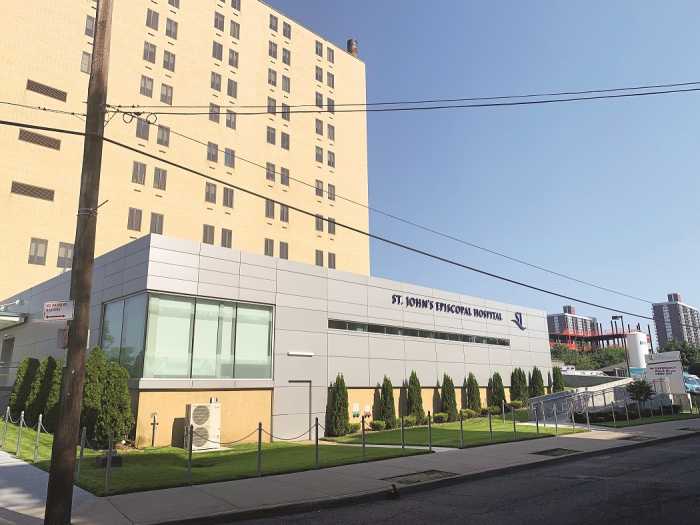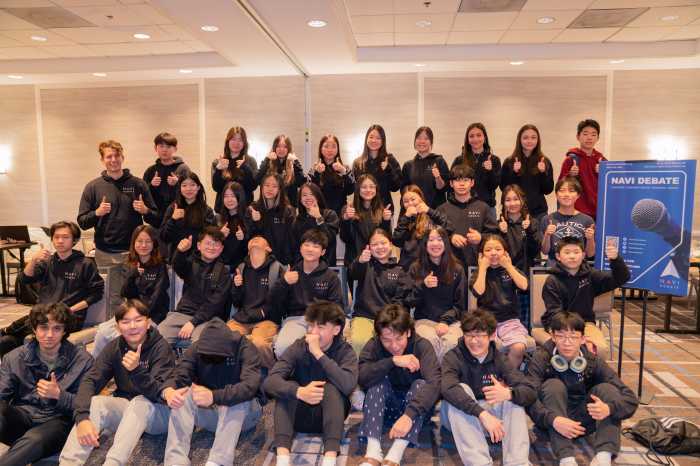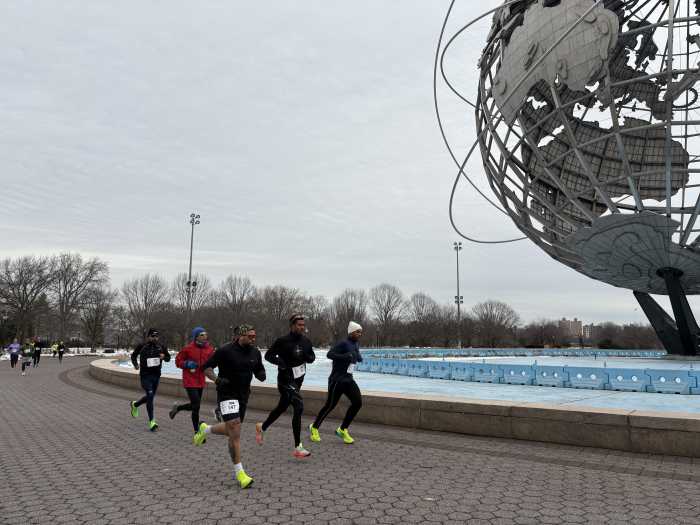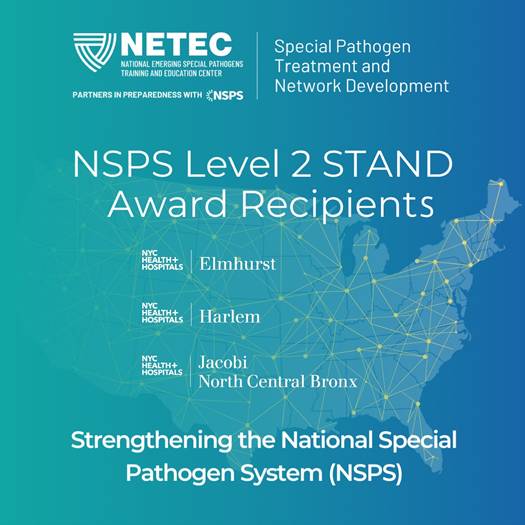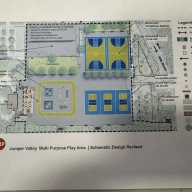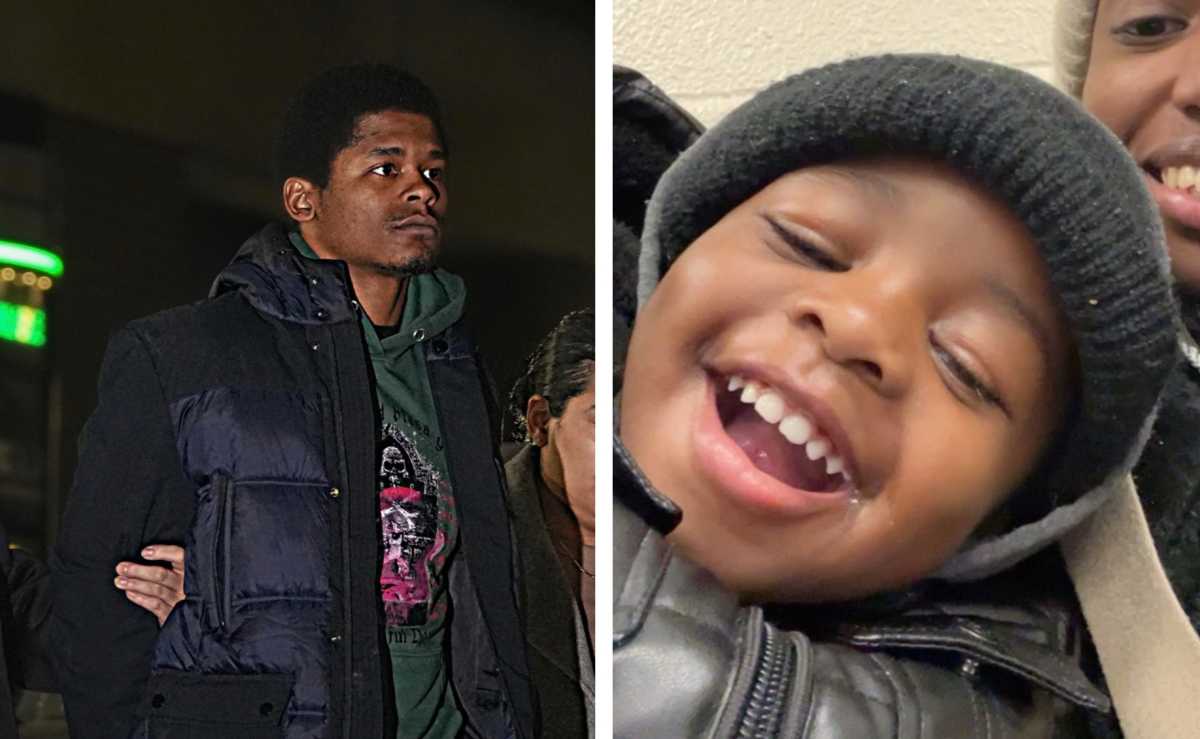On Monday, the Department of Education launched Regional Enrichment Centers (REC), providing a place to stay for the children of emergency and essential workers including those in healthcare, the FDNY and NYPD, OEM and NYC transit employees.
The agency opened approximately 100 centers across the five boroughs, giving children the opportunity to participate in remote learning, art, music and physical education while also practicing safe social distancing.
But some educators said that the RECs have gotten off to a less than perfect start. An assistant principal at a Manhattan high school, who asked to remain anonymous, said that it’s been difficult for superintendents to find administrators with School Building Leader (SBL) licenses to supervise these centers.
The assistant principal said that each REC must have at least one SBL-certified educator present at all times in addition to a school nurse and cafeteria and custodial staff. The rest of the staff on site work on a volunteer basis.
A substitute teacher from Queens, who also wished to remain anonymous, asserts that many of these volunteers are actually fellow substitute teachers.
“The substitute teachers are not being offered remote learning situations, they’re being offered just going into these REC centers. Substitute teachers have no paid sick days, no medical insurance and no benefits at all,” she said.
She added that the substitute teachers are getting paid the same amount they received in their regular roles but are offered prorated pay if they volunteer for longer shifts.
“Many of the subs feel that they are not willing to put their lives at stake or themselves at risk when the DOE is not going to do anything for them if they contract the virus,” she said. “Also many of the substitute teachers are on the older side and they feel that they would be at ‘high risk’ to go in.”
She said that those who were asked to volunteer to work at RECs had the option to opt out of being contacted. Despite having opted out of calls to volunteer, due to possible exposure to a coworker who contracted COVID-19, the substitute teacher said she received “over 100 calls” through the DOE’s SubCentral System this past weekend.
But according to the assistant principal from Manhattan, the schools and DOE have been “trying their very best” to following CDC protocol and keep these centers safe for the students and employees.
“Something that they have been stressing a lot is the importance of social distancing. They arranged the desks to be very separate and there is no more than 10 kids per adult in the classrooms,” she said. “Custodial staff is working overtime to clean everything. They increased the cleaning cycle for those specific centers from the regular twice a week to four times a week, which puts a lot on their plates. But they’re trying their very best at this moment. Everybody is very tense and just making sure that everybody is being kept safe.”
Families interested in enrolling for a REC can apply here.


